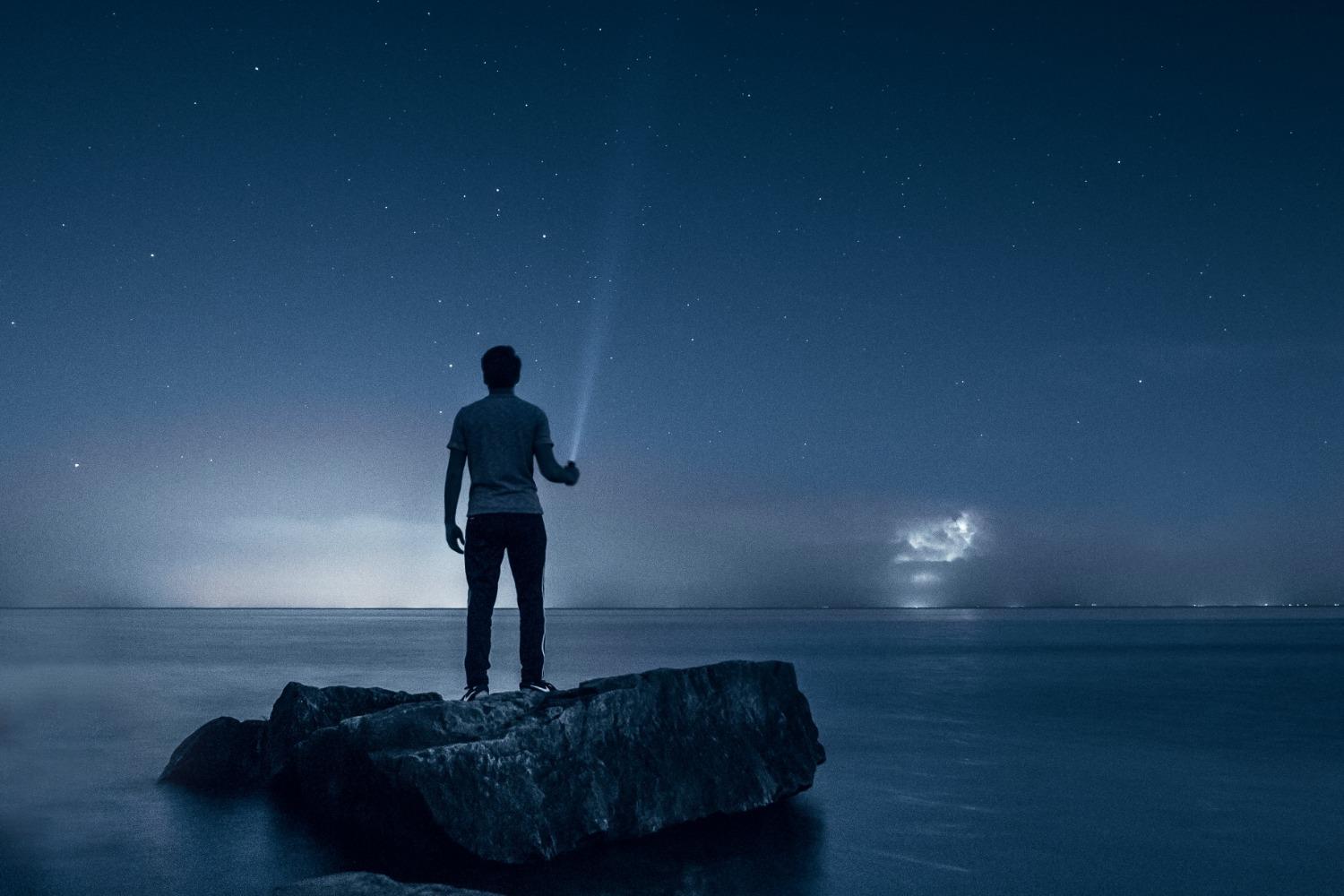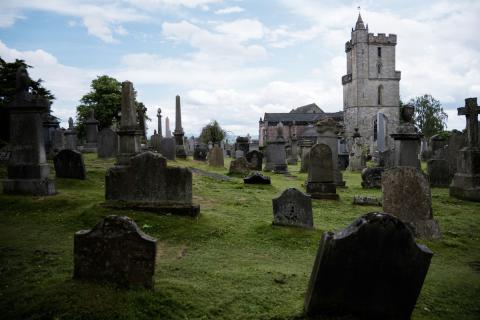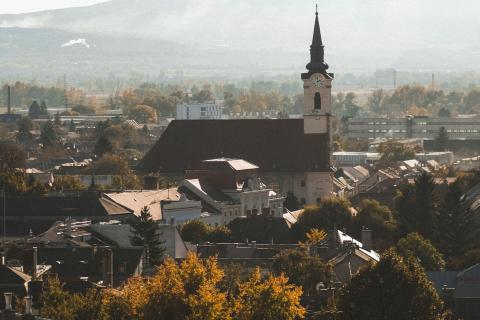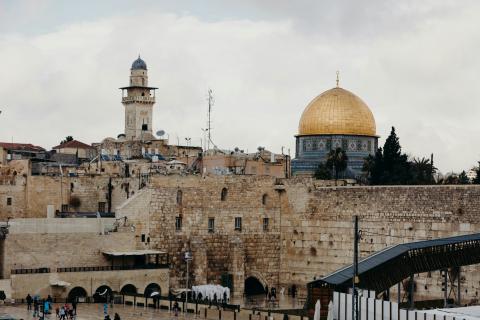
All existing things beg a fundamental philosophic question: where did it all come from? Every object we encounter offers us the opportunity for an explanatory journey in history back to its origins. But no matter where we begin such a journey, we always end back at the same question: where did it all come from?
Certain splashy scientists have been at the mic for the last 20 years or so, giving their own theories about the material origins of the universe. Despite their efforts, people generally haven’t given up on the belief that there is a Creator, even if they have been willing to depart from traditional modes and expressions of faith.
Now, some members of the scientific community are responding to spurious philosophic claims made by some of these popular scientists, addressing philosophic mindsets that place science above all other modes of knowing (i.e., scientism). Watch an insightful panel of scientists offer their own arguments against Darwin and in favor of a Creator, reminding us that there’s more to the debate than often meets the eye in popular media.
A new film series on the interplay of faith and science, entitled “Wonder,” will be released by Word on Fire, with a new episode airing each day from February 13 to February 17.
Explore Prime Matters’ own offerings on questions of faith, reason, and science:
Christianity has never had a problem with genuine natural science; in fact, the reverse is true! So why do so many people believe there to be a conflict between faith and science? Read our explanation of the flawed philosophic theory called scientism here, or watch our primer video on the same topic.
Dr. Stephen Barr, president of the Society of Catholic Scientists, joined Dr. David Ronderos, a Catholic biology professor, to explore the God of faith and science.
Sr. Nicole Kunze, OSB, who holds a PhD in Chemistry Education and currently serves as prioress of Annunciation Monastery, joined Msgr. James Shea to discuss her unique vocation as a Benedictine and chemistry professor.
Rev. Robert Spitzer, president of the Magis Center and president emeritus of Gonzaga University, joined Msgr. James Shea to discuss topics ranging from faith and reason to the importance of science in modern apologetics.
Finally, what difference does it make whether a physicist (or anyone else working in the sciences) is a Christian? Read “A Letter Concerning Catholic Physicists” to learn more.
On the social front, there is more confusion in Australia as Catholic schools produce questionable policies in caring for students experiencing gender dysphoria and questioning their identities.
As we approach the celebration of the World Day of Marriage, a theologian reflects on the importance of the sacrament of matrimony.
Another theologian explores the fracturing of sex and procreation and the erasure of women in the Brave New World. Rather than a fractured complementarity, the Catechism proposes an integral complementary in which men and women, who experience the world differently, work together.
In Canada, a bill giving the government broad powers over internet censorship passed the Senate.
In Nicaragua, seven Catholics were sentenced to 10 years in prison on charges of “conspiracy to undermine national security and sovereignty” and “spreading fact news.” Additionally, they were each ordered to pay fines equal to the wages from 800 days of work based on their unique salaries. The group consists of three priests, a deacon, two seminarians, and a layman.
Christians across the country were asked to self-report how important evangelization is to their understanding of the Christian faith. Mainline Protestants answered 60%. Evangelical Christians answered 85%. Catholics answered 3%. Why is this?
Finally, the largest Catholic parish church in the United States is built in California.


